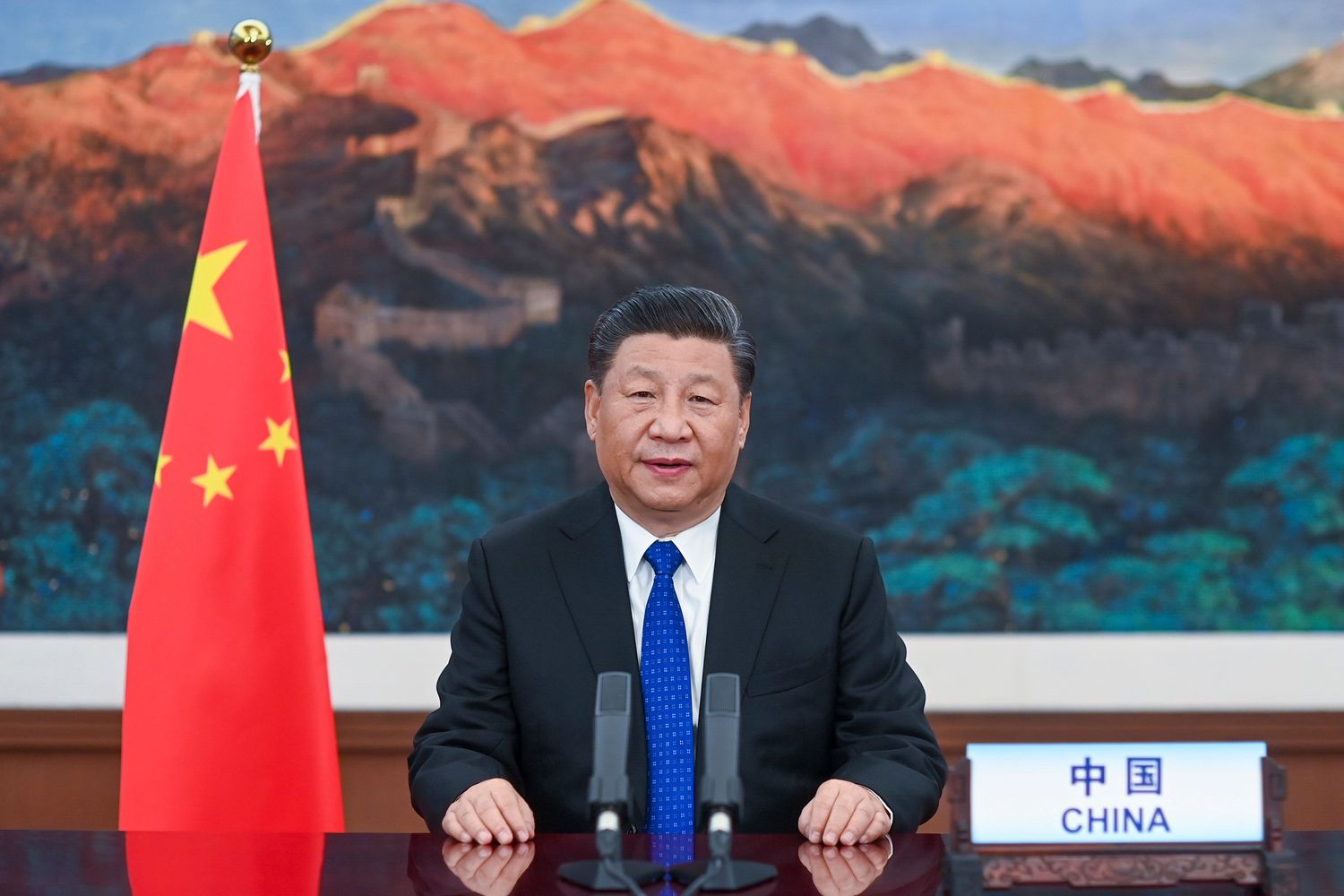
But the dueling carrots and sticks approaches from Beijing and Washington overshadowed global consensus on that front: At least 144 countries co-sponsored a resolution for an independent global pandemic inquiry, and no countries objected to the resolution.
It now falls to the WHO secretariat to initiate the independent inquiry „at the earliest appropriate moment.“
While the U.S. government was the first to call for a pandemic inquiry, Tuesday’s resolution happened largely in spite of the Trump administration, not because of it. The U.S. has annoyed allies by shopping disputed intelligence on the origins of the coronavirus to them and by undercutting global pandemic coordination from the U.N. Security Council through to the G-7. In the end, it was the European Union’s diplomacy that pushed the inquiry resolution toward the finish line.
The EU’s chief diplomat, Josep Borrell, called on Monday for the rest of the world to step back “from the battlefield between China and the United States, who blame each other.”
The tit-for-tat between the U.S. and China this week is about much more than whether the WHO deserves a billion dollars, more, or less, in efforts to deal with the coronavirus pandemic. They’re sparring over who’s to blame for coronavirus becoming a global mess, while drawing battle lines in longer-term disputes about global economic and political leadership.
China is no longer subtle or strategic about its global rise, tossing out trade threats and policy bribes on a daily basis. While China won most of the global headlines Monday by offering a $2 billion donation to the global Covid-19 response, it’s also bullying smaller countries that dare to challenge it. Within hours of its donation, China imposed an 80 percent tariff on Australian barley exports to China to retaliate for Australia’s monthlong effort to promote the global pandemic inquiry. Australia was the second country, after the United States, to call for the inquiry.
The U.S., for its part, has made clear it no longer places the same value on international institutions — from the U.N. to NATO to the G-7 — that it helped establish and has used to project its power since World War II. Under Trump, those institutions are expected to align with U.S. interests or lose American support.
Trump’s letter to WHO Director-General Tedros Adhanom Ghebreyesus was thus a warning shot fired against all U.N. agencies, forcing them to consider their alignment with the Trump administration’s interests. The WHO stands to lose $400 million, around one-sixth of its total budget, if the U.S. goes ahead next month with the permanent funding cut Trump threatened. And 11 other U.N. agencies depend on U.S. funds even more than the WHO — the U.S. gives six times that level of WHO funding to the World Food Programme, for example.
The new U.S. position on the WHO represents a significant reversal from just a year ago. Health and Human Services Secretary Alex Azar praised the “dedicated personal leadership” of the WHO chief and his commitment to WHO reform at the 2019 World Health Assembly.
The substance of Trump’s WHO criticisms is also in dispute. The Lancet, a prestigious British medical journal, today said Trump’s citation of the journal in the opening paragraphs of his letter to Dr. Adhanom was factually inaccurate.
Trump’s letter complained that the WHO did not publicly support the administration’s partial restrictions on travelers arriving from China, designed as a coronavirus containment measure.
The WHO said several times through January and February that such travel restrictions would likely be ineffective, and could only be effective if also backed by other measures including “active surveillance, early detection, isolation and case management, contact tracing and prevention of onward spread.” The U.S. did not implement these measures.
Trump’s letter did not specify which reforms it expected the WHO to make in the next 30 days.
The potential funding cut won’t necessarily affect the organization’s pandemic work. U.S. funding for the WHO in recent years has been channeled towards polio eradication, tuberculosis and HIV. The Trump administration has already released a first tranche of funds to the WHO in 2020.
The U.S. government has plenty of options aside from the WHO for supporting the global pandemic response. The World Food Programme, headed by David Beasley, a South Carolina Republican, is looking to raise an extra $965 million to cover the extra logistics costs of feeding 30 million hungry people during the pandemic.
Source: politico.com
See more here: news365.stream






